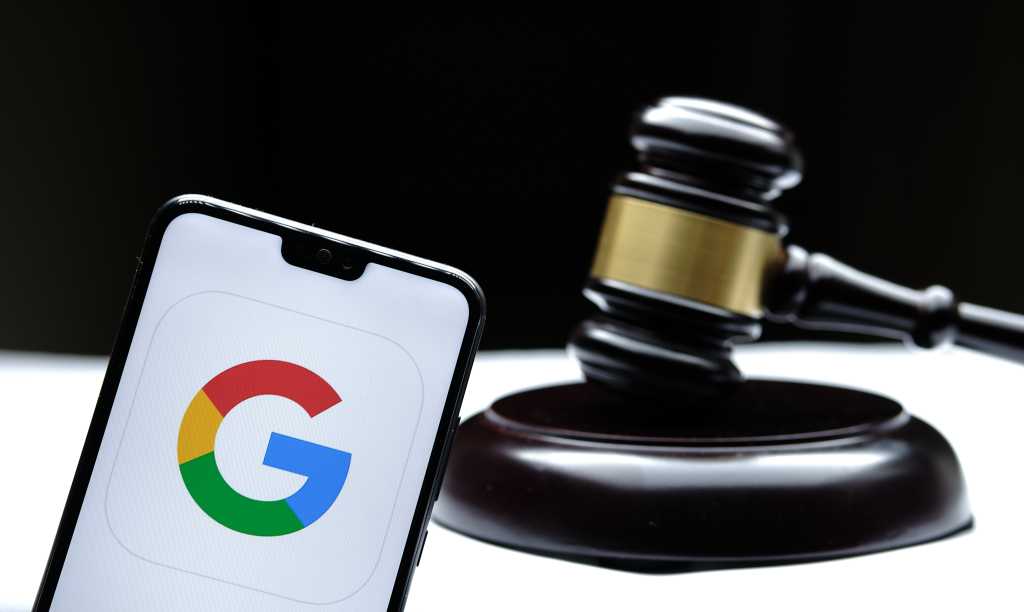

The US Department of Justice (DoJ) is set to wrap its case in the Google antitrust trial, after an eventful two weeks in the courtroom.
The tech giant is accused of engaging in monopolistic behavior by strategically acquiring certain companies and controlling the adtech industry’s most widely-used tools and exchanges. The lawsuit was filed in 2023 by the DoJ and a coalition of eight states seeking to “restore competition” on the web.
The trial began on September 9, and the DoJ has been laying out its case that Google has attempted to monopolize control of the ad network, server, and exchange, beginning with its acquisition of advertising company DoubleClick in 2008.
Lawyers for the government argued that the move made Google’s ad server the default choice and left publishers with few alternatives. By integrating its ad exchange and server, Google has an unfair edge in ad auctions, and it manipulates auction rules and drives up cost, the DoJ alleged. Advertisers taking the stand — including Gannett, NewsCorp, Index Exchange, The Trade Desk, Scope3 and others — have backed up these allegations, stating that they have felt trapped by Google’s tactics, and at the same time felt compelled to use the company’s products to remain competitive.
Notably, the DoJ obtained numerous seemingly damning internal Google emails and presentations suggesting that the company was fully aware of the advantage it would gain through the DoubleClick grab and how it would impact competitors.
For instance, in 2009, Google’s former president of global display advertising, David Rosenblatt, said in an email that Google’s control of the ad market would be akin to owning both Goldman Sachs and the New York Stock Exchange. “If we execute …we’ll be able to crush other networks, and that’s our goal,” he wrote.
Meanwhile, current and former Google executives and managers have been caught contradicting themselves when presented with such emails, brushing them off or attempting to talk their way around them.
For its part, Google argued that the government is focusing on just a narrow sliver of the advertising market (that is, banner ads at the top and sides of web pages). In an opening slide deck, it said that the ad technology industry is “intensely competitive, with new entrants all the time.” The company claimed that there is “no monopoly power,” and that its share in a “two-sided market” has decreased even as the company’s revenue has increased.
Further, Google is arguing that sellers and buyers are free to choose multiple ad tech tools (and do); that it makes its products interoperable with those of its rivals; and that it has sought to create value for advertisers, publishers and users. In 2024, “this is the commercial reality,” the company said.
Google, which will soon have to begin its defense, is said to have earned $200 billion in 2023 alone through ad placement and sales.
The case will ultimately be decided by a judge (what’s known as a “bench trial.”) Google avoided a jury trial by making a roughly $2.3 million payment to the DoJ. The $2,289,751 check covers a portion of the damages sought by the plaintiffs, and ensures that a judge will make the final decision in the case. Google’s team of lawyers described it as a strategic decision that will help ensure a quicker resolution.
This is the second antitrust trial faced by Google in the last two years. Earlier this year, the company lost a case centered around its search business; Judge Amit Mehta ruled that the company had engaged in anticompetitive behavior to maintain its dominance, calling Google a “monopolist.” The penalties attached to that ruling are as yet unannounced.

